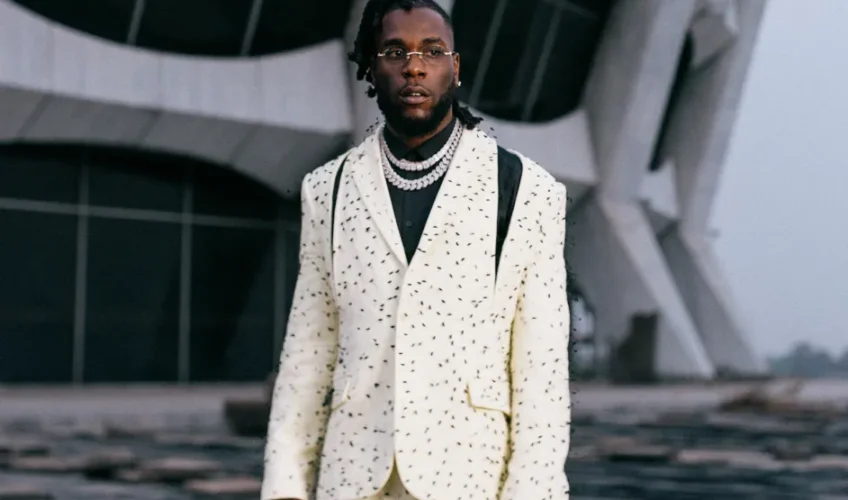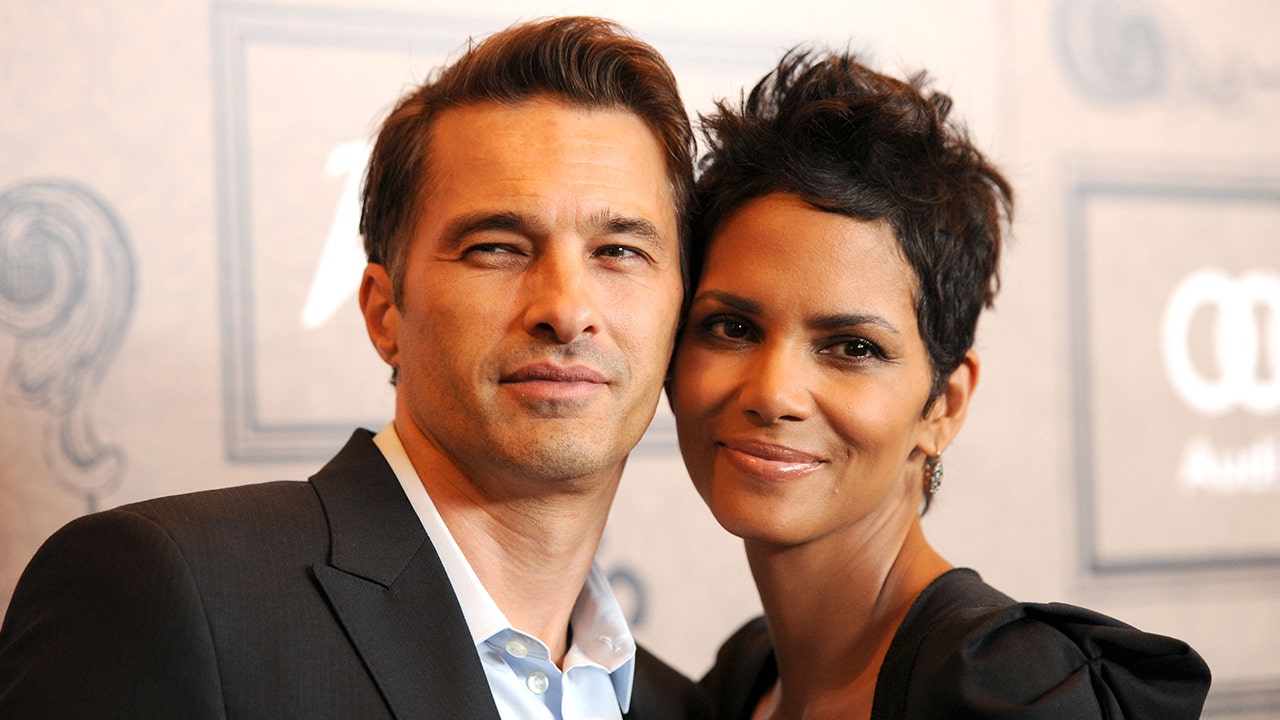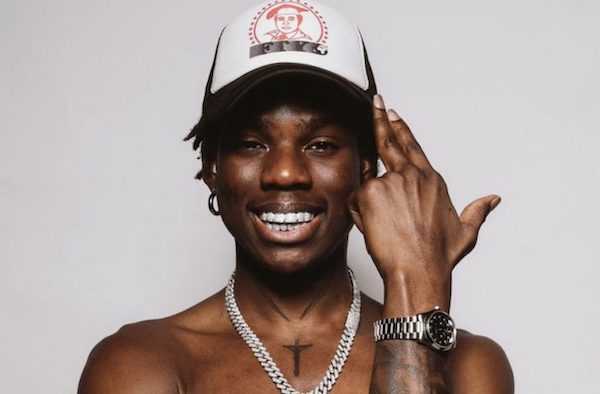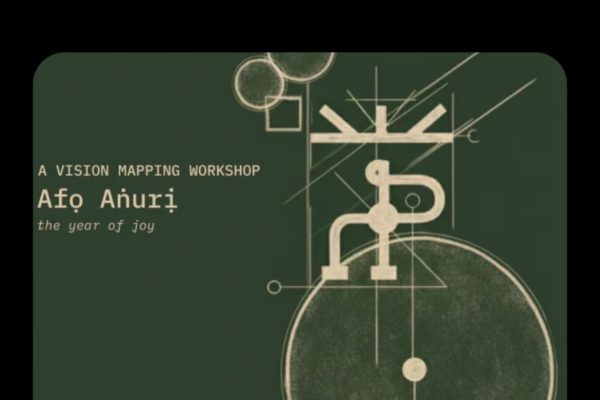In the world of music, charisma and confidence often walk a fine line, and that balance seems to be wobbling precariously in the realm of Afrobeats sensation Burna Boy. The Grammy-winning artist, whose real name is Damini Ogulu, has been a shining star on the global stage, celebrated for his infectious tunes and unapologetic style. However, his recent remarks about the Afrobeats genre and his own music have raised eyebrows and questions about the allure of his arrogance.
In a recent interview with Apple Music’s Zane Lowe, Burna Boy offered his unfiltered opinion on the state of the Afrobeats genre. He opined that much of the music coming out of Nigeria and Africa, collectively known as Afrobeats, lacks substance. According to him, the genre predominantly revolves around celebrating good times and fails to capture the true essence of an artist’s life, which inevitably includes struggles and hardships.
Burna’s critique, while undoubtedly valid to some extent, casts a rather broad stroke. Afrobeats, like any other genre, houses a diverse range of artists and themes. Reducing it to mere celebration overlooks the poignant social commentaries and personal narratives that many artists intricately weave into their music. Burna Boy’s argument leans towards a generalization that undermines the genre’s complexity.
Moreover, his assertion that “there is no substance” is a tad hypocritical. Burna’s own discography features tracks that delve into personal experiences, societal challenges, and the Afrocentric pride he’s known for. It’s a classic case of “the pot calling the kettle black.” If Burna Boy truly believes that music should reflect an artist’s essence, he ought to embrace the diverse tapestry of emotions and stories that make up the Afrobeats genre.
Beyond his critique of the genre, Burna’s arrogance takes center stage when discussing his upcoming album, “I Told Them.” The album’s name, he explains, is a response to those who doubted his success, particularly from his own homeland. While asserting one’s achievements is a common theme in music, Burna’s approach comes off as a bit self-indulgent. Confidence is one thing; however, building an entire album around proving naysayers wrong seems more like an ego trip than artistic expression.
The comparison to Fela Kuti, the legendary Afrobeat pioneer, further showcases Burna’s unchecked hubris. Claiming that Fela would be criticized in today’s age and attributing his own success to living in a more spiritually deficient time is a stretch. Fela’s impact on music and activism was monumental precisely because he challenged societal norms and boldly expressed his beliefs, regardless of the era. It’s ironic that Burna, who often speaks about the importance of authenticity, is dismissive of the authenticity that Fela represented.
As Burna Boy’s highly-anticipated seventh studio album approaches, one can’t help but wonder if this spotlight on his arrogance will overshadow the music itself. Arrogance can be a double-edged sword; while it can initially draw attention, it can also alienate audiences in the long run. The relatability of an artist is often what endears them to their fans, and Burna’s recent statements seem to place him on a pedestal that separates him from the very people who made him a star.
Burna Boy’s statements and actions could be interpreted as a mix of confidence, artistic intent, and perhaps a touch of arrogance. Like any public figure, his demeanor and expressed views will resonate differently with various audiences, and opinions on his approach will vary.













